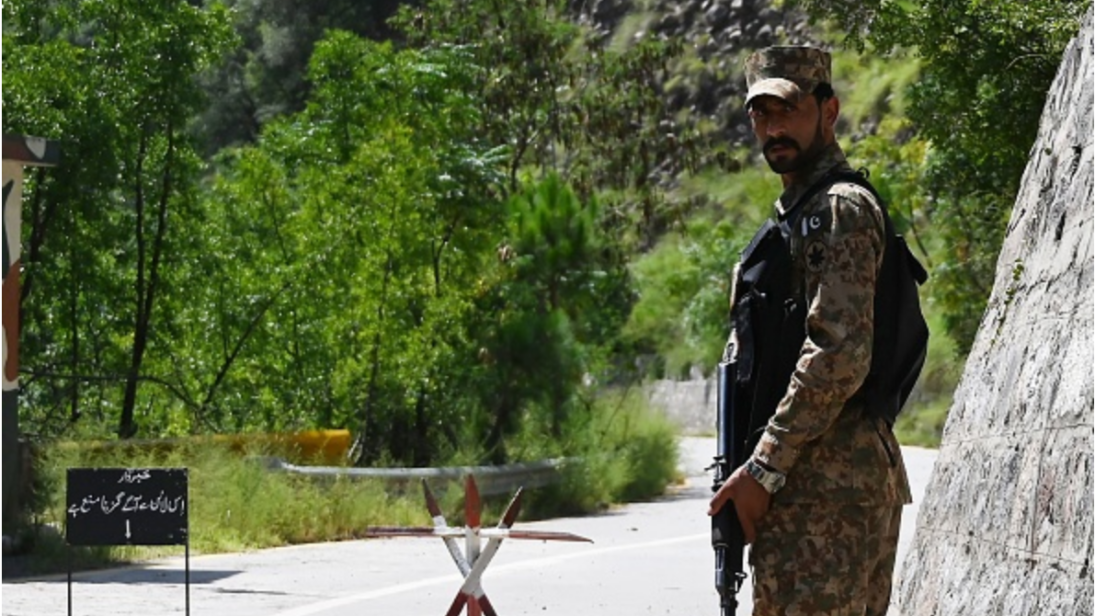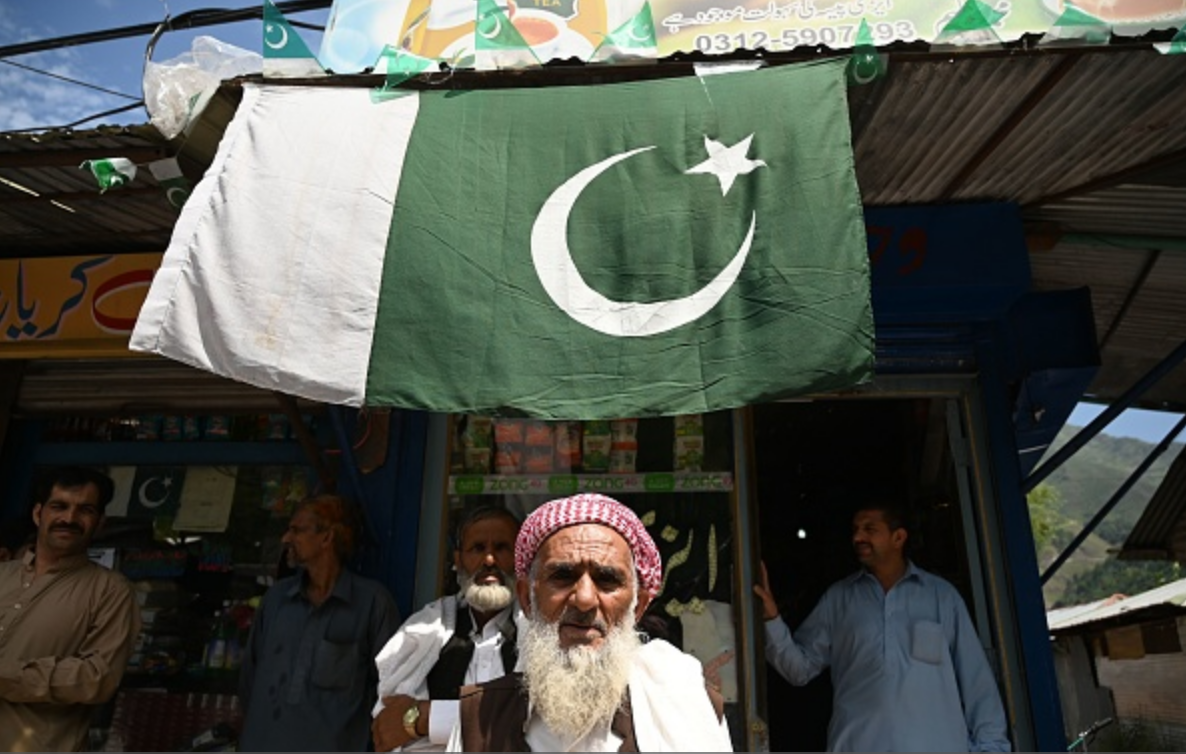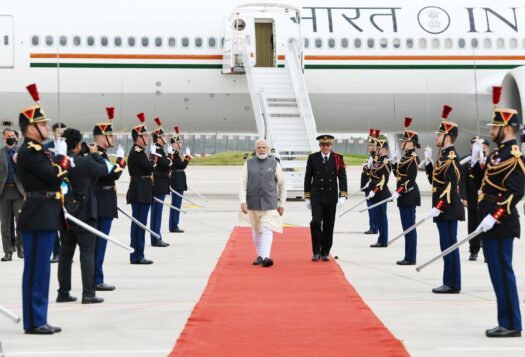
On August 5, Indian Prime Minister Narendra Modi announced the withdrawal of Article 370 of the Indian constitution from Jammu & Kashmir, which revoked the state’s semi-autonomous status. Modi’s decision made international news headlines and newly enflamed tensions between India and Pakistan. Kashmir has long been a flashpoint between the two nuclear powers. Media outlets have particularly emphasized the chaos and turmoil that has befallen the Indian state since August 5. Uncertainty in light of the decision has led to overflowing hospitals, food scarcity, lack of access to internet, and thousands of security forces patrolling checkpoints. Less likely to appear in news coverage, however, is reporting on the political and humanitarian situation in the smaller Pakistan-administered Kashmir (PK) on the other side of the Line of Control (LoC). Individuals living in PK are major stakeholders in the broader dispute yet have heretofore lacked a legitimate mouthpiece for voicing their political and socioeconomic grievances. They have not had adequate means of expressing dissatisfaction with the Pakistani government’s regional policies, and generally suffer as a result of underdevelopment and disenfranchisement. Most recently, on September 9, local police arrested at least 22 people demonstrating in favor of Kashmiri independence, after clashes between the police and activists became violent. Development and political enfranchisement go hand-in-hand in promoting security and stability. Within the context of the Kashmir dispute and broader conflict between India and Pakistan, it is thus especially important to highlight the sub-par living conditions in PK and to gear stakeholders towards taking more concerted action.
Within the context of the Kashmir dispute and broader conflict between India and Pakistan, it is especially important to highlight the sub-par living conditions in PK and to gear stakeholders towards taking more concerted action.
The Pakistani federal government has historically neglected basic development needs in PK, which suffers from poor infrastructure and a lack of available resources and technology. The Pakistani government has not taken sufficient measures to encourage development-oriented investment in the region, and some activists on-the-ground have even charged the Pakistani military with keeping the region’s people unprivileged. PK is entirely dependent on the federal government for its financial resources and only about 25 percent of the budget allocated to the region goes towards initiatives for development. Government estimates suggest that PK had a 10.3 percent unemployment rate during the 2017-2018 fiscal year. The local government and local businesses have largely not taken advantage of natural resources and human capital present in the region. Combined with subpar literacy rates (an official 78 percent literacy rate accounts for individuals with only very basic proficiency) and a dearth of available jobs, young Kashmiris in particular migrate to Pakistan’s large cities in search of low-paying jobs at hotels, restaurants, and clothing stores. Though recent economic activity in PK, particularly billions in Chinese investment, have generated hope that the region’s economic future would improve, the movement towards achieving this has been slow. For instance, the mainstay of the China-Pakistan Economic Corridor in PK, the Mirpur-Muzzafarabad-Mansehra highway, is still to be constructed despite being proposed in 2016, and the Kohala hydropower project is facing local opposition due to environmental concerns.

Civilians living in PK also suffer from poor governance, an absence of political legitimacy, and disenfranchisement. Government action in PK has principally surrounded its ambiguous legal status: the federal government has disproportionately focused on securing its political hold over the region, neglecting actual governance in the process. The federal government grants the local PK government only limited resources and governing authority. PK lacks representation in the National Assembly of Pakistan as a result of its lack of international recognition, which means political control falls into the hands of federal officials who are unaware of local grievances. A June 2018 report from the Office of the United Nations High Commissioner for Human Rights (OHCHR) notes with concern the restrictions on right to freedom of expression and association in PK, particularly in relation to the cause of Kashmiri independence or the populace’s right to self-determination, a tight control over the press, and an outsized role of the military and intelligence agencies in local governance. In its follow up report in July this year, the OHCHR assesses that many of these concerns remain.
The federal government has disproportionately focused on securing its political hold over Pakistan-administered Kashmir, neglecting actual governance in the process.
Political disenfranchisement, underdevelopment, and a disregard for human rights in Pakistan-administered Kashmir bode poorly for long-term regional stability and security. As the international community assesses growing fissures between India and Pakistan, it must also encourage action to lessen Pakistan-administered Kashmir’s isolation and encourage development and political participation. Lack of access to basic resources and low government capacity may lead some individuals to seek group-belonging and stability in insurgency groups and recognized terrorist organizations. The region boasts proximity to large water sources, is resource rich, and its literacy rate is actually higher than Pakistan’s overall rate. Both the Pakistani federal government and the international community have a part to play in setting Pakistan-administered Kashmir on the path towards development, and have a moral obligation to improve the lives of civilians on the ground.
***
Image 1: Aamir Qureshi/AFP via Getty Images
Image 2: Aamir Qureshi/AFP via Getty Images


